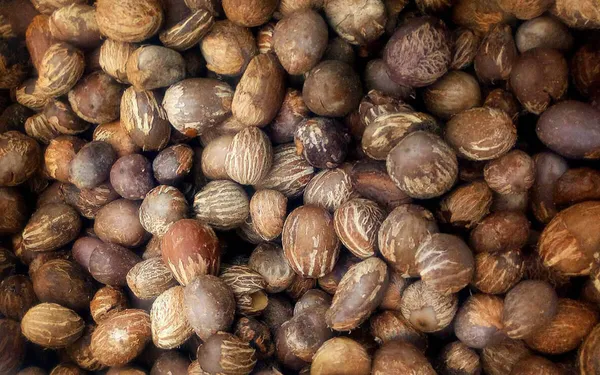The National Association of Shea Products of Nigeria (NASPAN) has appealed to the Federal Government to grant a 90-day grace period following its recent ban on the export of raw shea nuts.
It would be recalled that the Nigerian government, on Tuesday, August 26, 2025, issued a directive for a temporary ban on the export of raw Shea Nuts, effective immediately, saying the decision aimed to regulate the current export activities and possibly enhance local processing and value addition within the country.
The temporary ban is seen as part of broader efforts to boost local industries, safeguard critical agricultural resources, and promote economic growth by encouraging the processing of raw materials before export, but the association said the sudden enforcement of the ban has left traders and aggregators stranded with huge stocks of shea nuts worth billions of naira, putting them at risk of financial losses and spoilage.
NASPAN President, Mohammed Kontagora, while engaging journalists, explained that although members of the association support the government’s objective of promoting local value addition and boosting rural economies, the implementation disrupted existing trade arrangements and contractual obligations, noting that many traders had already entered into binding export contracts before the policy was announced, and urged the government to allow them to complete such transactions under regulated conditions.

Kontagora, however, expressed optimism that the policy could mark a turning point for the Nigerian shea industry, projecting that with proper implementation, Nigeria, which holds nearly 58% of the world’s shea trees, could generate about US$300 million annually from the sector in the short term.
Meanwhile, the Director General/Chief Executive Officer, Raw Materials Research and Development Council (RMRDC), Prof. Nnanyelugo Ike-Muonso, has commended the Federal Government’s recent six-month ban on raw shea nuts export. Speaking at a media briefing in Abuja, Ike-Muonso, reaffirmed the council’s commitment to play its statutory role to support the actualisation of the objectives of the ban, noting that since his assumption of office, he had been advocating that raw materials should not be exported without adding at least 30% value to them.



